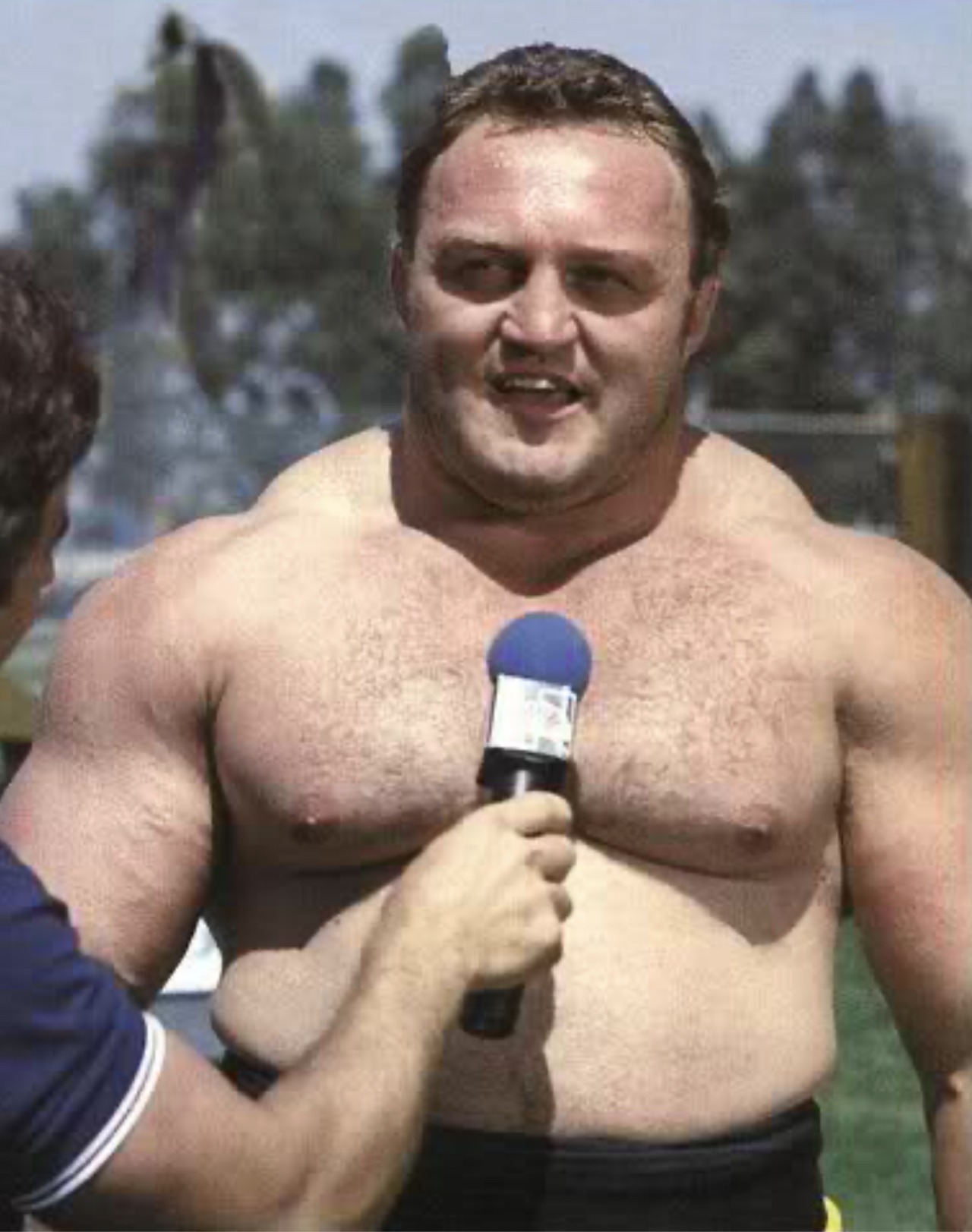Bill Kazmaier wasn’t just strong—he was mythically strong. We’re talking Paul Bunyan, Hercules, insert-your-favorite-strongman-legend-here strong. He dominated powerlifting, then went on to own the World’s Strongest Man competition for years, crushing the competition and rewriting the rules of what was humanly possible. But his reign at the top wasn’t without controversy. In 1983, at the height of his powers, Kazmaier was banned from the World’s Strongest Man competition, a decision that still sparks debate among strongman fans today.
From Powerlifting Prodigy to World’s Strongest Man
Born in 1953, Kazmaier’s journey to strength legend began not with strongman, but with powerlifting. He honed his skills, building an incredible foundation of strength that would serve him well throughout his career. He didn’t just break records in the squat, bench press, and deadlift—he obliterated them, achieving the almost mythical feat of holding world records in all three lifts. For most, that would be a legendary career, but for Kaz, it was just the beginning.
The World’s Strongest Man competition is where Kazmaier truly cemented his legacy. From 1980 to 1982, he won three consecutive titles, making it look almost easy. He was particularly impressive on the squat, deadlift, and log lift, hoisting massive weights that would make even seasoned gym-goers wince. Images of him pulling trucks uphill and lifting logs like toothpicks fueled his legendary status.
The Ban: A Controversial Decision and Its Impact
Then, in 1983, came the infamous ban. A new rule limiting participation to one athlete per country was introduced, effectively ending Kazmaier’s reign at the top while he was still in his prime. While the official reasons behind the rule change remain murky, many believe it was directly related to Kazmaier’s dominance. Was the competition becoming too predictable? Were organizers concerned that his presence was hindering the chances of other competitors? We may never know for sure, but the decision remains a point of contention among strongman enthusiasts.
Despite the setback, Kazmaier didn’t disappear. He briefly transitioned into professional wrestling, showcasing his incredible physique and strength to a new audience. While he didn’t achieve the same level of success in the squared circle, it was another chapter in the fascinating story of Bill Kazmaier. He eventually transitioned into the business world, focusing on the fitness industry and continuing to inspire people with his incredible feats of strength.
A Legacy of Strength: Training, Philosophy, and Influence
Kazmaier’s training philosophy was as intense and powerful as the man himself. He was a firm believer in compound movements—squats, deadlifts, overhead presses—exercises that work multiple muscle groups simultaneously. He believed in pushing both physical and mental limits, embracing the grind and constantly striving for improvement. His methods, focused on overall strength and conditioning rather than specialization, remain influential to this day, inspiring generations of strength athletes.
So, was Bill Kazmaier the strongest man to ever live? It’s a question debated to this day. How do you compare athletes across eras, with different training methods, nutrition, and competition standards? Some experts argue that he would still hold his own against today’s competitors, while others believe the advancements in training and nutrition give modern athletes an edge. It’s a testament to his power that, even decades later, the question is still being asked.
Regardless of where he lands on the “strongest ever” list, Bill Kazmaier’s impact on strength sports is undeniable. He achieved legendary status, his name synonymous with raw power, dedication, and pushing the boundaries of human potential. He inspired a generation of athletes, proving that with enough hard work, dedication, and a relentless pursuit of excellence, incredible things are possible. He wasn’t just a strongman; he was a phenomenon.










